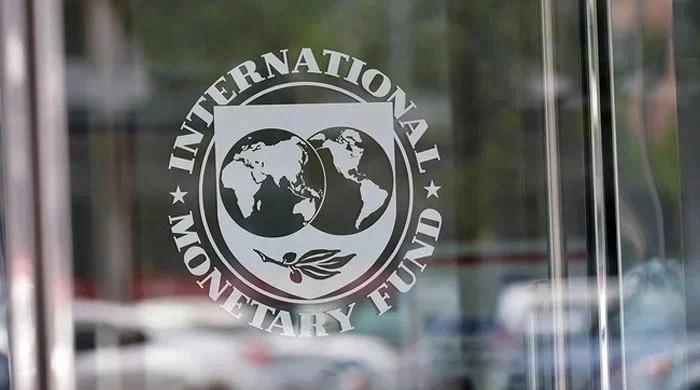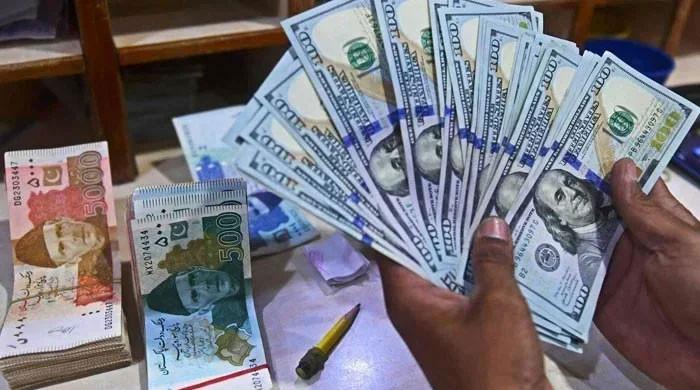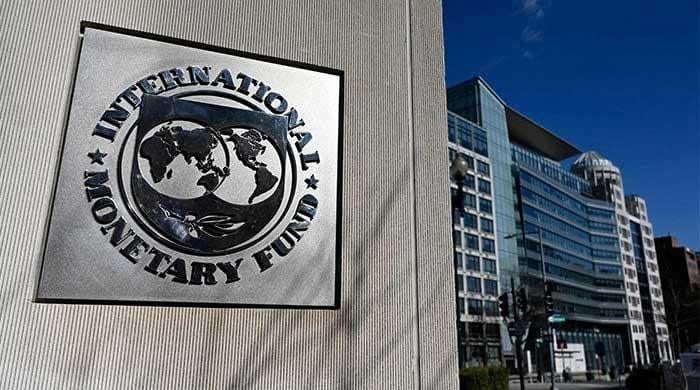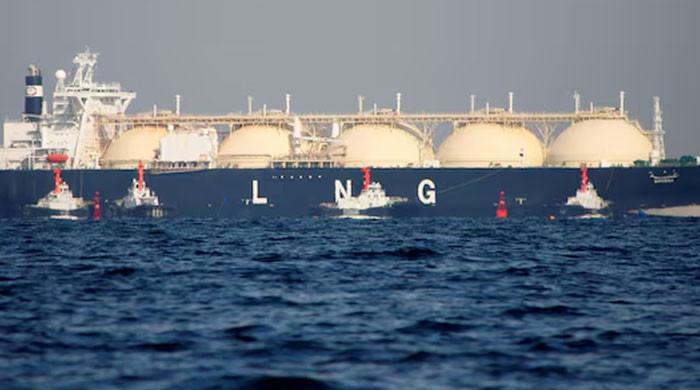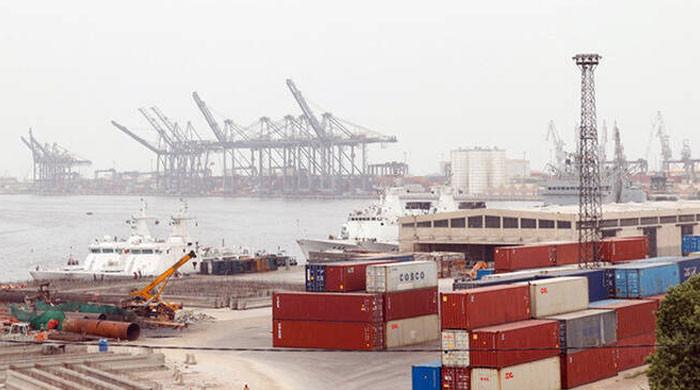Ahead of crucial talks, IMF spots Rs2tr breach in Pakistan’s budgetary estimates
Fiscal slippages and reconciliation of figures will be a major concern in upcoming parleys between Pakistan and IMF
January 28, 2023
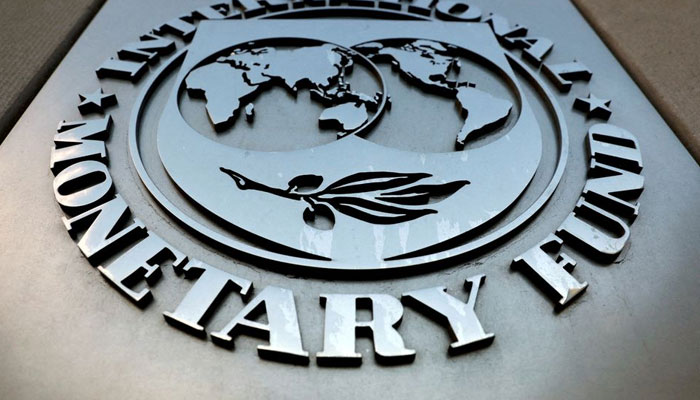
- IMF demands taxation measures worth Rs600bn in mini-budget.
- Pakistan requests Rs500bn waiver on account of floods.
- Pakistan and IMF to kick-start parleys from Tuesday.
ISLAMABAD: In its initial assessment ahead of the long-delayed in-person parleys, the International Monetary Fund (IMF) identified a breach worth Rs2 trillion (or over Rs2,000 billion) in budgetary estimates for the fiscal year 2022-23, warning that the primary and budget deficits could escalate with a massive margin, The News reported on Saturday.
Pakistan and the IMF high-ups are scheduled to kick-start parleys from Tuesday (January 31) for accomplishing the ninth review under the Extended Fund Facility during which the fiscal slippages and reconciliation of figures will be the major topic of discussion.
The government had envisaged a budget deficit target of 4.9% of the gross domestic product (GDP) and a primary deficit to keep it at positive 0.2% of the GDP on the eve of the budget announcement for 2022-23.
According to sources, the IMF is currently asking Pakistani authorities to take additional taxation measures worth Rs600 billion through a mini-budget.
The sources told The News that Pakistani authorities did not agree to it at all and argued that the primary deficit would not escalate up to such an extent at all.
It should be noted that now there are listed areas where both sides have divergent views and will have to sort out the differences to move towards striking a staff-level agreement by February 9.
The senior officials of the IMF have also taken the decision that they will incorporate a hike in circular debt of Pakistan’s cash-bleeding energy sector beyond the agreed limit with the lender of the last resort as part of the primary deficit for the current fiscal year 2022-23.
It should be noted that the primary deficit is calculated after the exclusion of debt servicing requirements.
Meanwhile, Pakistan requested the IMF for a waiver of Rs500 billion on account of flood expenditures for calculating the budget deficit especially the primary deficit for the current fiscal year 2022-23.
“The IMF has so far calculated that the primary deficit target of 0.2% of GDP will be breached with a massive margin with a whopping figure of over Rs1 trillion,” well-placed sources confirmed.
The IMF further assessed that the coalition government did not recover the fuel price adjustment of Rs65 billion for the current fiscal year. The government doled out concessional electricity and gas to the export-oriented sectors which resulted in an increased requirement of Rs110 billion.
It should be noted that there is no provision in the budget in this regard.
Moreover, there are slippages in the fiscal side on account of increased requirements of total debt servicing as the government envisaged Rs3,950 billion in the initial budgetary estimates that might now escalate to beyond Rs5,000 billion in the aftermath of the increased policy rate by the State Bank of Pakistan.
The debt servicing requirements will be ballooned by Rs1,000 billion.
Additional taxation measures
On the revenue side, the IMF assessed that the Federal Board of Revenue's (FBR) tax collection is projected to hover around Rs7,000 billion against the envisaged target of Rs7,470 billion for the current fiscal year.
The FBR had faced a shortfall of Rs225 billion in achieving the December 2022 tax collection target.
However, it was argued that the monthly target of December 2022 was fixed wrongly on a much higher side and due to lingering litigation in the courts it could not be recovered, however, officials assured the Fund that they were hopeful the amount would be recovered in the coming months.
The FBR has estimated internally that it could face a shortfall of Rs170 billion for achieving the desired target of Rs7,470 billion owing to import compression. On the other hand, the collection of the petroleum development levy (PDL) will face a shortfall of Rs300 billion for achieving the fixed target of Rs855 billion.
With the incorporation of all these points, the IMF assessed that the primary deficit might escalate to around Rs1.1 trillion or 1.3% of the GDP.
"If the IMF provides a waiver of Rs500 billion on flood expenditures then the remaining Rs600 billion gap remained on the fiscal front," the sources said, adding that this gap widens to Rs600 billion which the Fund has asked Pakistan to fill through additional taxation measures.
The IMF’s Mission Chief Nathan Porter is expected to visit Pakistan later in the coming week for holding policy-level parleys with Pakistan authorities.




